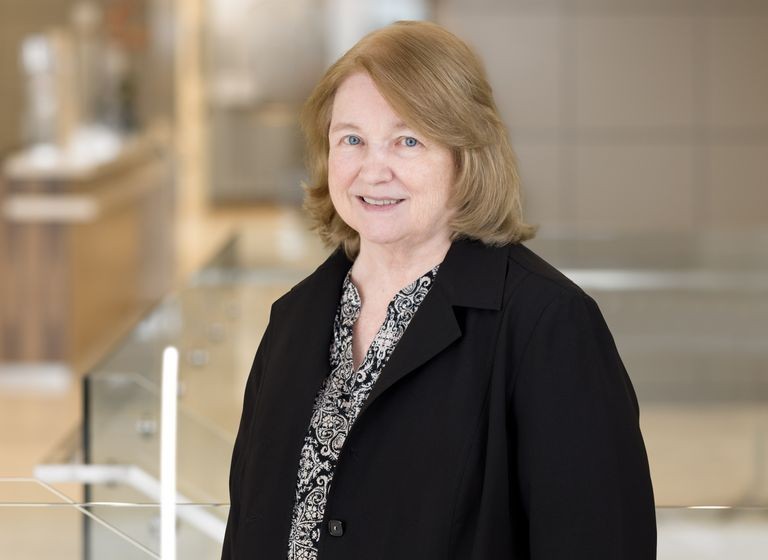Patricia M. Alexander
Areas of Focus
Overview
Patricia Alexander is a senior policy advisor in Crowell & Moring's Washington, D.C. office. Patricia is an economist who participates in cases involving the energy industry with a special emphasis on the regulatory requirements of the Federal Energy Regulatory Commission (FERC) and general electricity matters. She has provided advice to clients on a number of FERC rulemakings dealing with market-based rates, open access transmission tariffs and standardized interconnection procedures, integration of variable resources, streamlined interconnection procedures for small renewable projects, development of price indices and reporting of price data by industry participants, electronic filing of rate schedules and market data, and affiliate conduct rules.
Career & Education
- Federal Energy Regulatory Commission
Electric Policy Advisor to FERC Chairman James J. Hoecker, 1999–2001
Deputy Director, Division of Applications, Office of Electric Power Regulation
- Federal Energy Regulatory Commission
- University of Maryland, College Park, B.S., summa cum laude, 1980
- Johns Hopkins University, M.A., 2004
Patricia's Insights
Client Alert | 4 min read | 06.24.22
FERC Proposes Major Interconnection Process Reforms
On June 16, 2022, the Federal Energy Regulatory Commission (FERC) issued a Notice of Proposed Rulemaking (NOPR) proposing significant reforms to the procedures under which electric generators obtain interconnection to the transmission grid and which are intended to address the current interconnection queue backlogs and delays. FERC proposes to mandate that transmission providers study interconnection requests in clusters, rather than the current inefficient serial study process used by many utilities, and to take a first step toward addressing the uncertainty caused by inconsistent procedures for neighboring “affected systems” to make a claim for the generator to pay for transmission upgrades on its system by creating a standardized process for affected system participation in the interconnection study process. But the proposal also could create new, unnecessary obstacles to interconnection, and it fails to address some significant barriers to interconnection such so-called participant funding rules under which interconnection customers can be saddled with the full cost of system expansions, ignoring the fact that other system users benefit from these expansions.
Client Alert | 2 min read | 03.22.21
Client Alert | 2 min read | 03.22.21
Webinar | 03.09.21
Insights
Regulatory Forecast 2015: What Corporate Counsel Need to Know for the Coming Year
|01.31.15
a Crowell & Moring LLP publication
Patricia's Insights
Client Alert | 4 min read | 06.24.22
FERC Proposes Major Interconnection Process Reforms
On June 16, 2022, the Federal Energy Regulatory Commission (FERC) issued a Notice of Proposed Rulemaking (NOPR) proposing significant reforms to the procedures under which electric generators obtain interconnection to the transmission grid and which are intended to address the current interconnection queue backlogs and delays. FERC proposes to mandate that transmission providers study interconnection requests in clusters, rather than the current inefficient serial study process used by many utilities, and to take a first step toward addressing the uncertainty caused by inconsistent procedures for neighboring “affected systems” to make a claim for the generator to pay for transmission upgrades on its system by creating a standardized process for affected system participation in the interconnection study process. But the proposal also could create new, unnecessary obstacles to interconnection, and it fails to address some significant barriers to interconnection such so-called participant funding rules under which interconnection customers can be saddled with the full cost of system expansions, ignoring the fact that other system users benefit from these expansions.
Client Alert | 2 min read | 03.22.21
Client Alert | 2 min read | 03.22.21
Webinar | 03.09.21



